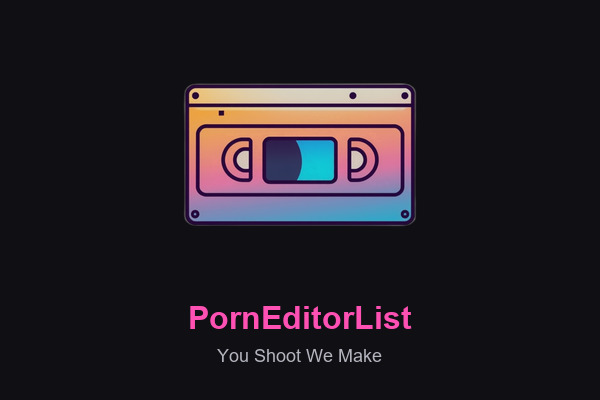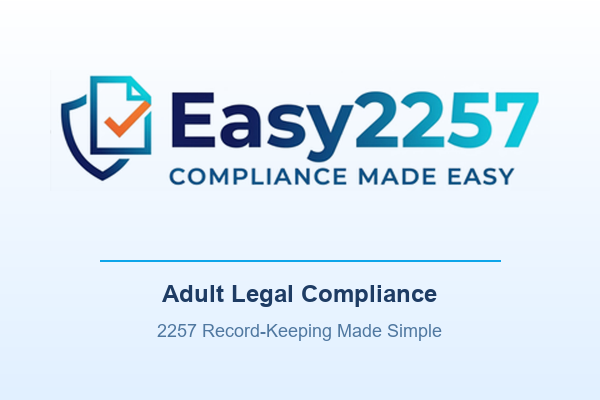Legal Consequences

Pornsite Law Gavel
Communications Decency Act (CDA) criminalized the dissemination over computer networks of obscene or indecent material to children, and it was ruled unconstitutional under the First Amendment in 1997. Congress passed the Child Pornography Prevention Act (CPPA) of 1996, and key parts of this were overturned but several were upheld. The Child Online Protection Act (COPA) of 1998 was then passed as a response to these setbacks. It too faced the same fate as it was eventually overturned. That said, having any adult videos with minors under age 18 can land you in jail, so you definitely want to have proof of age for each of your adult actors.
Association of Sites Advocating Child Protection (ASACP)
ASACP is a non-profit organization dedicated to eliminating child exploitation and underage access to adult-oriented content. They developed the Restricted To Adults (RTA) label, which allows content filtering software to block access to adult material effectively.
Free Speech Coalition (FSC)
The FSC is a non-profit trade association that advocates for the rights and well-being of adult industry professionals. They represent the interests of the adult entertainment industry, provide legal and legislative support, and operate the Performer Availability Screening Services (PASS) for STI testing.
Performer Availability Screening Services (PASS)
A program operated by the Free Speech Coalition, PASS maintains a database of adult performers' up-to-date STI test results. This helps ensure performers' health and safety by providing a centralized and standardized system for tracking and sharing test results.
Adult Performer Advocacy Committee (APAC)
APAC is an organization run by adult performers that advocates for performers' rights, safety, and well-being. They provide resources and support, promote health and safety initiatives, and represent performers' interests in the industry and beyond.
Your Legal Priorities as a Producer
Legal compliance in adult entertainment isn't just about avoiding lawsuits — it's about staying out of prison. The consequences for getting it wrong range from fines to federal charges. Start with the non-negotiables: 2257 record-keeping is federal law, and violations carry serious penalties. Consent documentation protects you from fraud and assault allegations. On-set consent protocols go beyond paperwork — they establish that consent was informed and voluntary.
Beyond the essentials, understand the obscenity and decency laws that vary by jurisdiction, keep your legal documents organized and accessible for the life of your content, and structure your business operations to separate personal liability from your production company. The legal landscape for adult content changed significantly in 2025 with new age verification laws in 19+ states — stay current or get burned. When in doubt, consult an attorney who specializes in adult entertainment law, not a general business lawyer.








